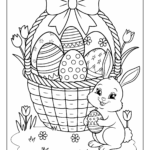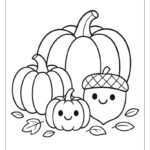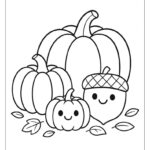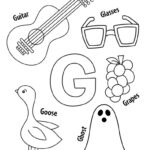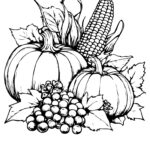Are you looking for a fun and creative activity to keep your kids entertained this spring? Look no further than printable coloring pages! These versatile sheets are perfect for sparking imagination and providing hours of artistic enjoyment.
With the warmer weather and blooming flowers, now is the ideal time to explore the world of coloring page spring designs. From cheerful butterflies to vibrant rainbows, there are endless options to bring the beauty of the season indoors.
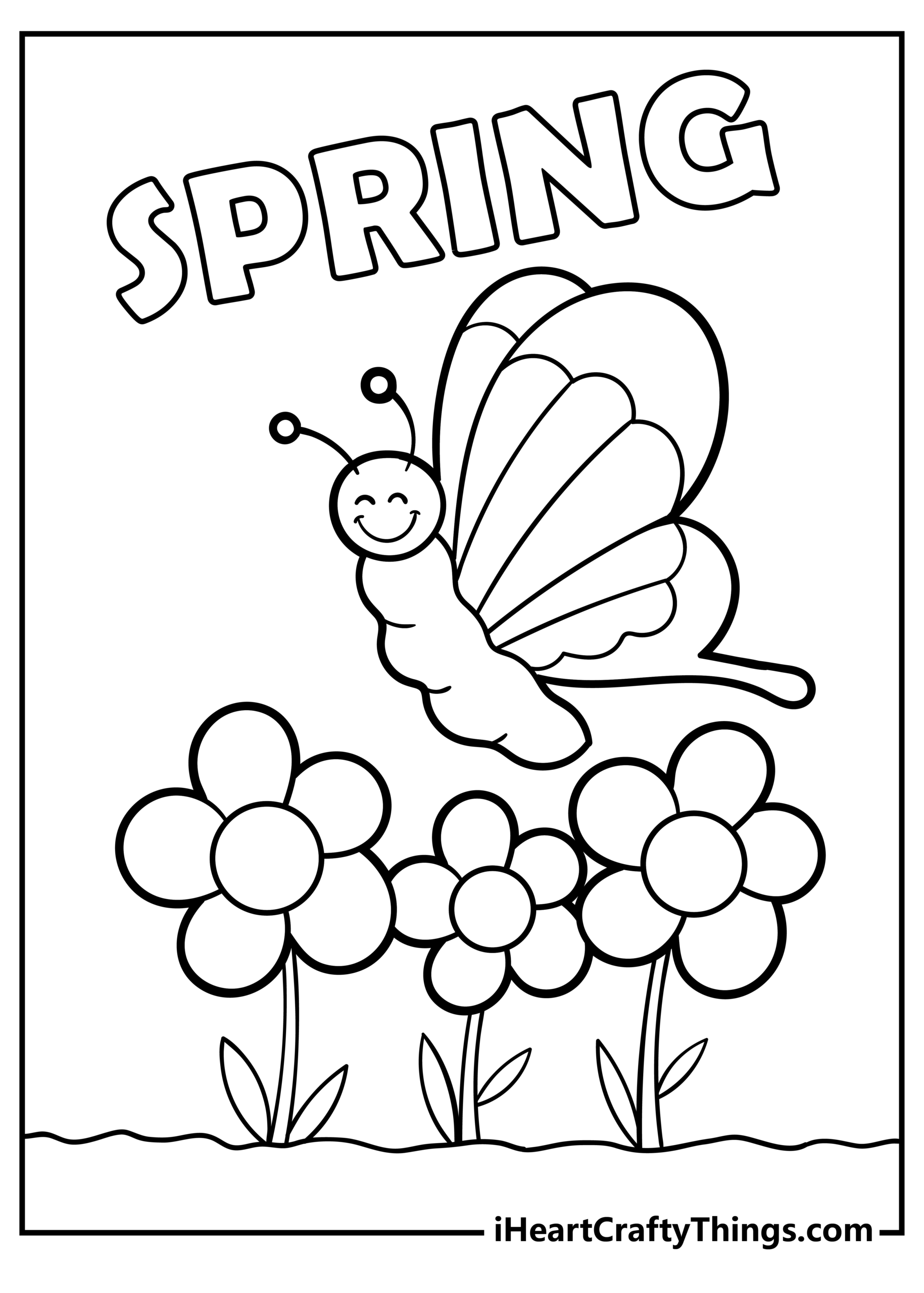
coloring page spring
Coloring Page Spring: Embrace the Season with Creative Fun
One way to make your coloring page spring experience even more enjoyable is to host a themed coloring party with friends and family. Set up a coloring station with a variety of pages and art supplies for a festive and interactive gathering.
Another idea is to use spring-themed coloring pages as decorations for your home or classroom. Simply print out your favorite designs, color them in, and display them on the walls or bulletin boards to add a touch of seasonal charm to any space.
For a personalized touch, consider creating custom coloring pages featuring your child’s favorite springtime memories or activities. Whether it’s a trip to the park, a picnic in the sun, or planting flowers in the garden, these unique pages will make coloring even more special.
As you explore the world of printable coloring pages this spring, don’t forget to share your creations with others. Whether you post them online, gift them to loved ones, or simply hang them up at home, spreading joy through art is a wonderful way to celebrate the season.
So why wait? Dive into the world of coloring page spring designs today and let your creativity blossom. Whether you’re a parent, teacher, or DIY enthusiast, printable coloring pages are a fantastic way to add some color and fun to your springtime activities.
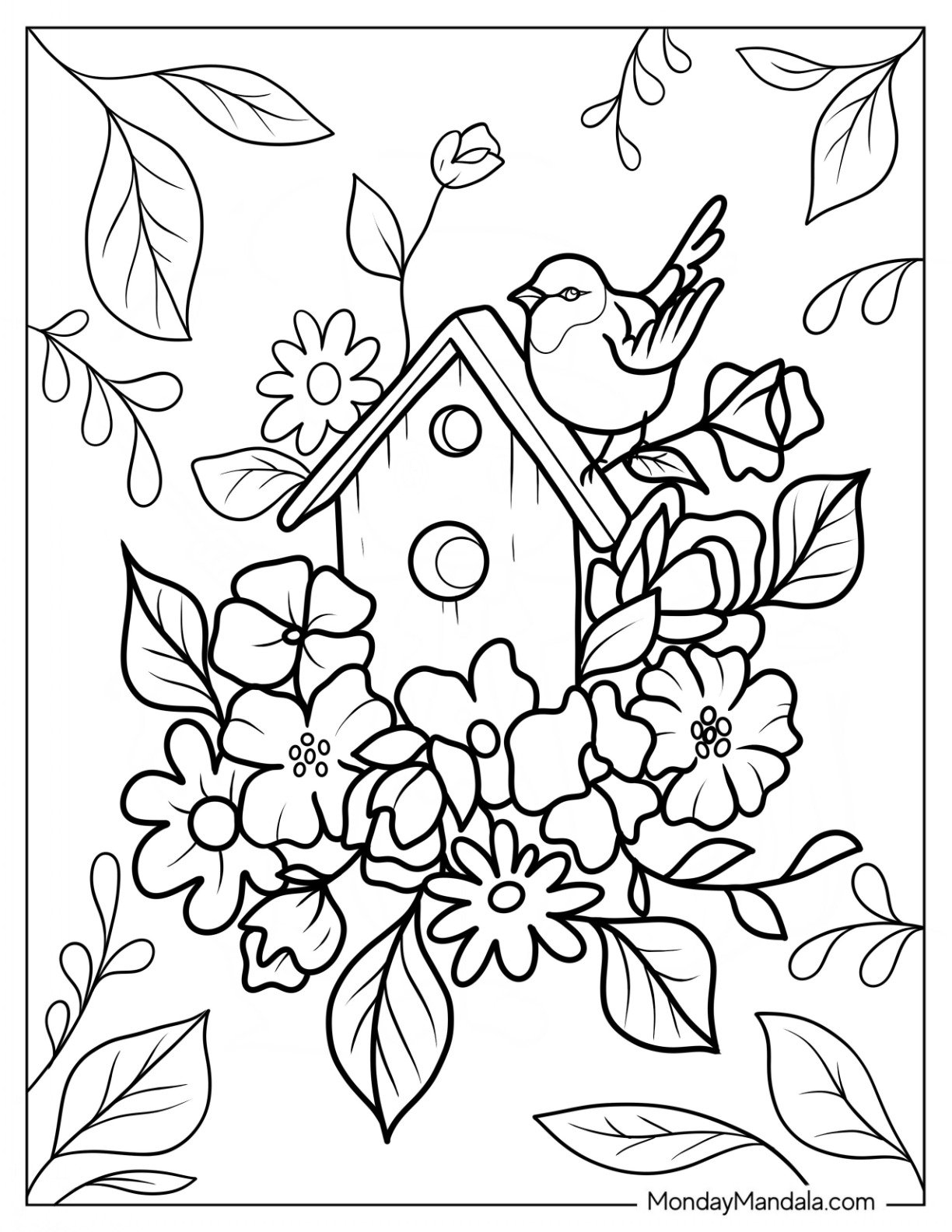
36 Spring Coloring Pages Free PDF Printables
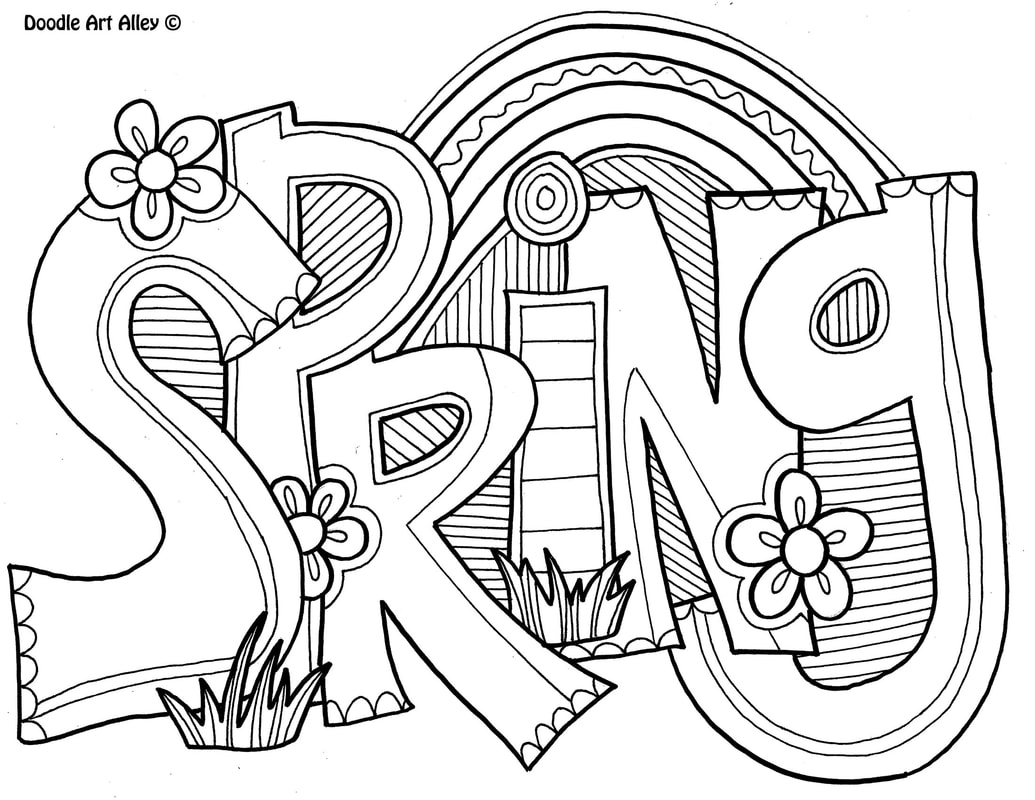
If you are ready to update your walls, coloring page spring keeps walls inspiring.
Thanks to minimalist and bold options, it is easy to keep decor updated any day of the week.
Spring Coloring Pages DOODLE ART ALLEY
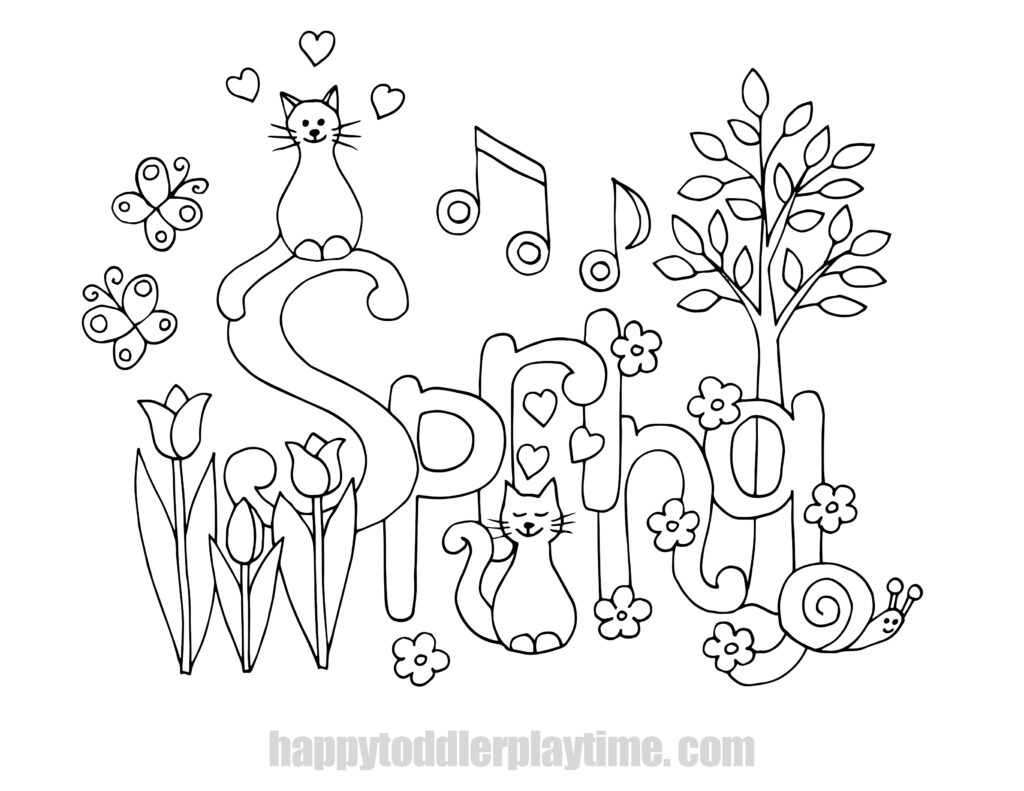
Spring Coloring Pages Happy Toddler Playtime
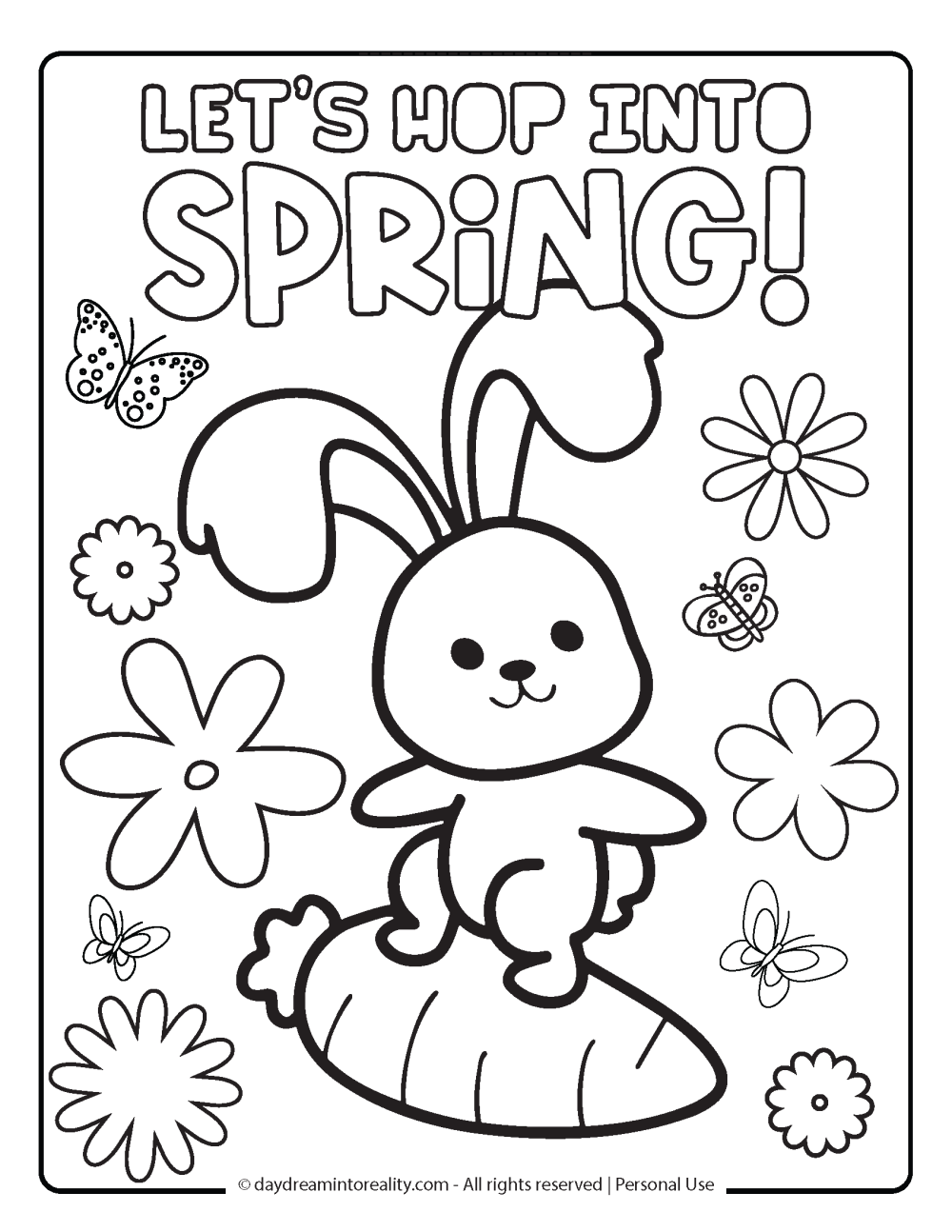
35 Spring Coloring Pages Free PDF Printables Daydream Into Reality

200 Thousand Spring Coloring Book Royalty Free Images Stock Photos Pictures Shutterstock
Keep coming back to coloring page spring for easy-to-print decor and bring joy to your setup.
Whether you’re setting up a learning corner, coloring page spring is your trusted helper. Your next printable project is download-ready



